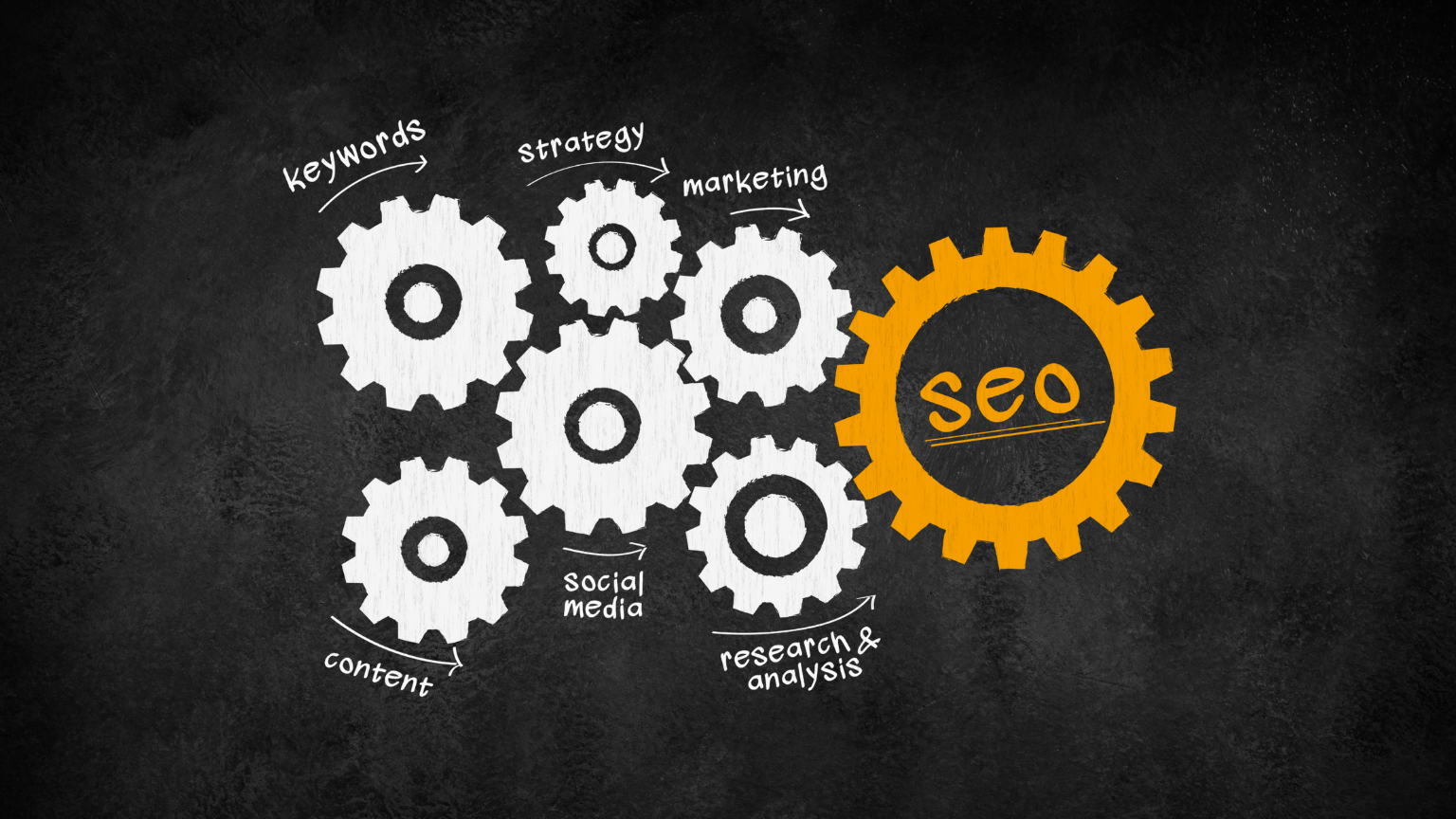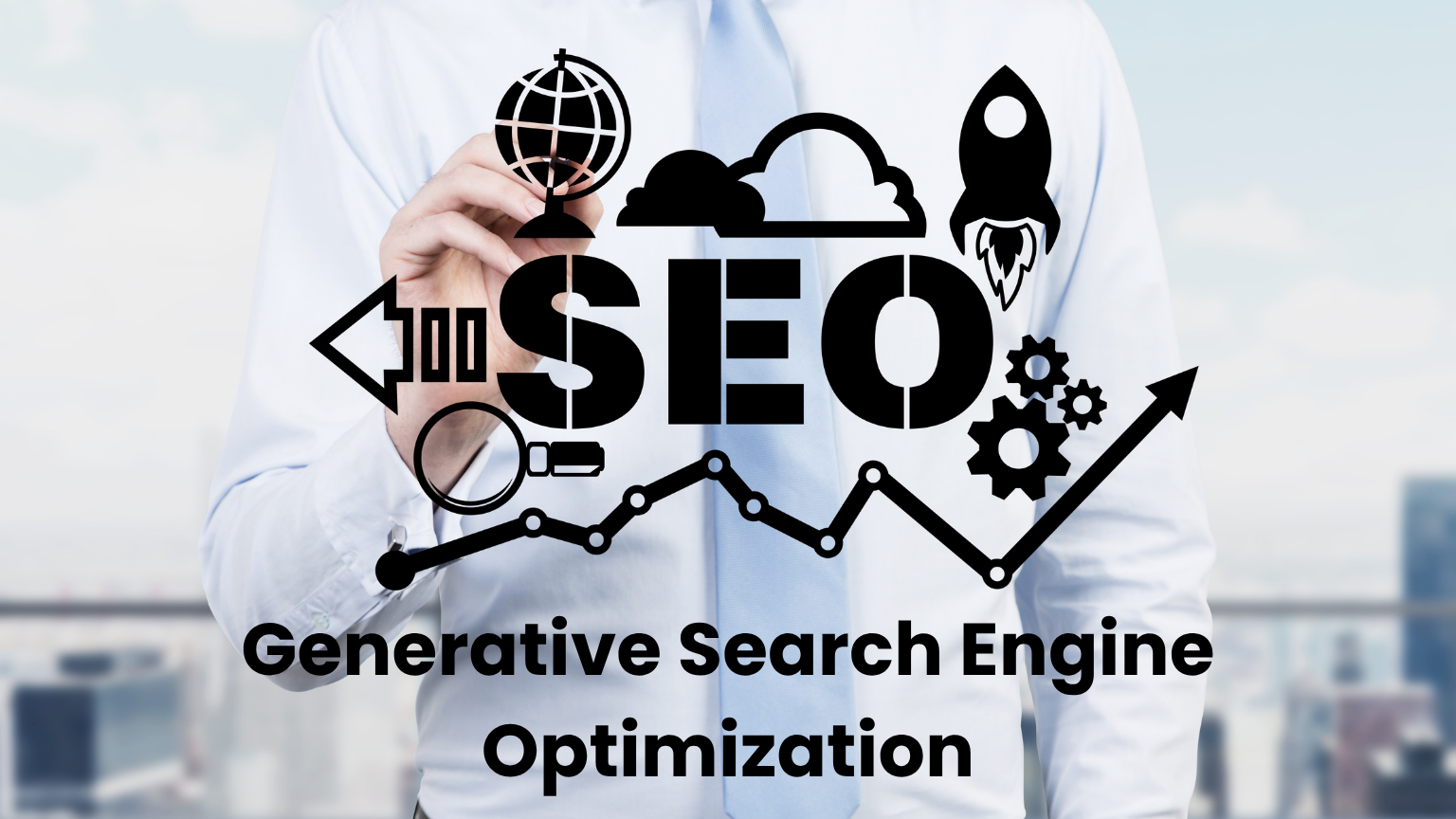Introduction to Email Marketing in Service-Based Businesses
Email marketing is a strategic approach that leverages the power of personalized communication to target potential and existing customers. For service-based businesses, this marketing technique holds particular significance due to the unique nature of their operations. Unlike product-based enterprises, service-based businesses thrive on building and maintaining strong customer relationships and trust. These businesses often rely on repeat clients and word-of-mouth referrals, making customer retention and loyalty paramount.
Email marketing serves as a powerful tool to foster these essential relationships. By providing a direct communication channel, it allows service-based enterprises to keep their clients informed and engaged. Whether it’s updating them on new services, sharing industry insights, or offering special promotions, a well-crafted email campaign can significantly enhance customer interaction and satisfaction.
The ability to segment email lists based on customer preferences and behaviors further tailors the communication, ensuring that clients receive relevant and valuable content. This personalized approach not only improves the chances of engagement but also strengthens the client’s perception of the business as attentive and responsive to their needs.
Additionally, email marketing can be instrumental in nurturing leads and guiding them through the decision-making process. By consistently providing useful information and demonstrating the value of their services, businesses can build trust and credibility, ultimately converting prospects into loyal clients.
Moreover, email marketing is a cost-effective strategy compared to other marketing channels. It offers a high return on investment, especially when campaigns are designed with a clear understanding of customer needs and preferences. Through regular and thoughtful communication, service-based businesses can increase their visibility, reinforce their brand, and create a dedicated customer base that is more likely to return for future services.
Key Benefits of Email Marketing for Service Providers
Email marketing presents numerous advantages for service-based businesses, ranging from enhanced customer engagement to improved return on investment (ROI). One of the primary benefits is its ability to foster increased customer engagement. Unlike one-size-fits-all marketing strategies, email marketing allows businesses to send targeted messages to specific customer segments. This personalized communication not only captures the recipient’s attention but also makes them feel valued, thereby increasing the likelihood of interaction and engagement.
Another significant advantage is the cost-effectiveness of email marketing. Traditional advertising channels such as print, radio, and television can be prohibitively expensive, especially for small businesses. In contrast, email marketing requires a relatively modest investment and offers a high ROI. According to the Data & Marketing Association, for every $1 spent on email marketing, businesses can expect an average return of $42. This stark contrast in cost and benefit makes email marketing an attractive option for service providers looking to maximize their marketing budgets.
Personalized communication is another critical benefit of email marketing. By leveraging data analytics, service-based businesses can tailor their messages to meet the specific needs and preferences of their customers. For instance, a case study involving a home cleaning service revealed that personalized email campaigns led to a 29% increase in booking rates. These tailored messages often include personalized recommendations, special offers, and updates that resonate more deeply with the audience, thereby enhancing their overall satisfaction.
Moreover, targeted email campaigns significantly contribute to higher conversion rates. By sending relevant content to a well-defined audience, service providers can ensure that their messages are reaching individuals who are more likely to convert into paying customers. For example, a digital marketing agency reported a 35% increase in lead conversions after implementing a segmented email marketing strategy. This targeted approach not only improves conversion rates but also enhances customer satisfaction by providing them with valuable and pertinent information.
In summary, the key benefits of email marketing for service-based businesses include increased customer engagement, cost-effectiveness, personalized communication, and improved ROI. Real-world examples and statistics underscore the effectiveness of this marketing strategy, making it an indispensable tool for service providers looking to enhance their marketing efforts and achieve better business outcomes.
Effective Email Marketing Strategies for Service-Based Businesses
Email marketing remains a pivotal tool for service-based businesses aiming to engage with customers and drive growth. Implementing effective strategies can significantly enhance the success of email campaigns. Building a quality email list is the cornerstone of any successful email marketing strategy. Focus on collecting email addresses from genuine prospects through website opt-in forms, social media promotions, and customer interactions to ensure that your list is targeted and relevant.
Segmenting your audience is another critical step. By categorizing your email list based on factors such as demographics, purchase history, and engagement levels, you can tailor your messages to specific groups, making your content more relevant and engaging. Segmentation allows you to send personalized emails that resonate with each recipient, thereby increasing the likelihood of conversion.
Crafting compelling content is essential for capturing your audience’s attention. Your emails should be informative, valuable, and aligned with your brand’s voice. Use a mix of informative articles, special offers, and personalized recommendations to keep your audience engaged. Ensure that your email templates are visually appealing and mobile-friendly, as a significant portion of emails are opened on mobile devices. Use a clean design with a clear call-to-action (CTA) to guide recipients towards the desired action.
Writing persuasive subject lines is crucial for improving open rates. A compelling subject line should be concise, intriguing, and convey the value of opening the email. Avoid using spammy language or excessive punctuation, as these can trigger spam filters. Testing different subject lines through A/B testing can help identify which ones resonate best with your audience.
Optimizing email send times is another important consideration. Analyze your audience’s behavior to determine the best times to send emails. Generally, mid-week days and late mornings or early afternoons tend to yield higher engagement rates, but this can vary based on your specific audience.
Automation plays a vital role in streamlining email marketing efforts. Utilize automation tools to send welcome emails, follow-up sequences, and personalized recommendations based on user behavior. These automated workflows can save time and ensure consistent communication with your audience.
Finally, tracking and analyzing performance metrics is essential for continual improvement. Monitor key metrics such as open rates, click-through rates, and conversion rates to gauge the effectiveness of your campaigns. Use this data to make informed adjustments, optimize your strategies, and achieve better results over time.
Case Studies and Success Stories
Email marketing has proven to be a powerful tool for service-based businesses, driving growth, enhancing customer engagement, and boosting revenue. Various industries within the service sector have leveraged email marketing to achieve significant results. Below, we highlight a few compelling case studies that illustrate the versatility and effectiveness of email marketing.
One noteworthy example comes from the healthcare industry. A mid-sized dental clinic faced the challenge of low patient retention and engagement. By implementing a targeted email marketing campaign, the clinic sent personalized appointment reminders, oral health tips, and promotional offers. Within six months, patient appointments increased by 30%, and the clinic reported a 20% rise in revenue. This success underscores the importance of personalized and relevant content in email marketing.
In the consulting sector, a small business consulting firm struggled with client acquisition. The firm launched an email marketing strategy focused on sharing valuable insights, industry reports, and success stories with potential clients. The email campaigns included calls-to-action encouraging recipients to book consultations. As a result, the firm saw a 40% increase in consultation bookings and a 25% growth in new client contracts over a year. This case study highlights the role of informative and engaging content in attracting and converting prospects.
Home services, such as HVAC companies, have also benefitted from strategic email marketing. An HVAC service provider implemented a seasonal email campaign offering maintenance tips, service reminders, and discounts on new installations. The well-timed emails led to a 35% increase in service appointments and a notable 15% boost in annual revenue. This example demonstrates the effectiveness of timely and relevant email content in driving customer action.
These case studies reveal several key lessons for service-based businesses. Firstly, personalization and relevance are crucial for engaging customers. Secondly, providing valuable content can significantly enhance client acquisition and retention. Lastly, timing plays a critical role in the success of email campaigns. Service-based businesses can apply these insights to optimize their email marketing efforts and achieve tangible results.







